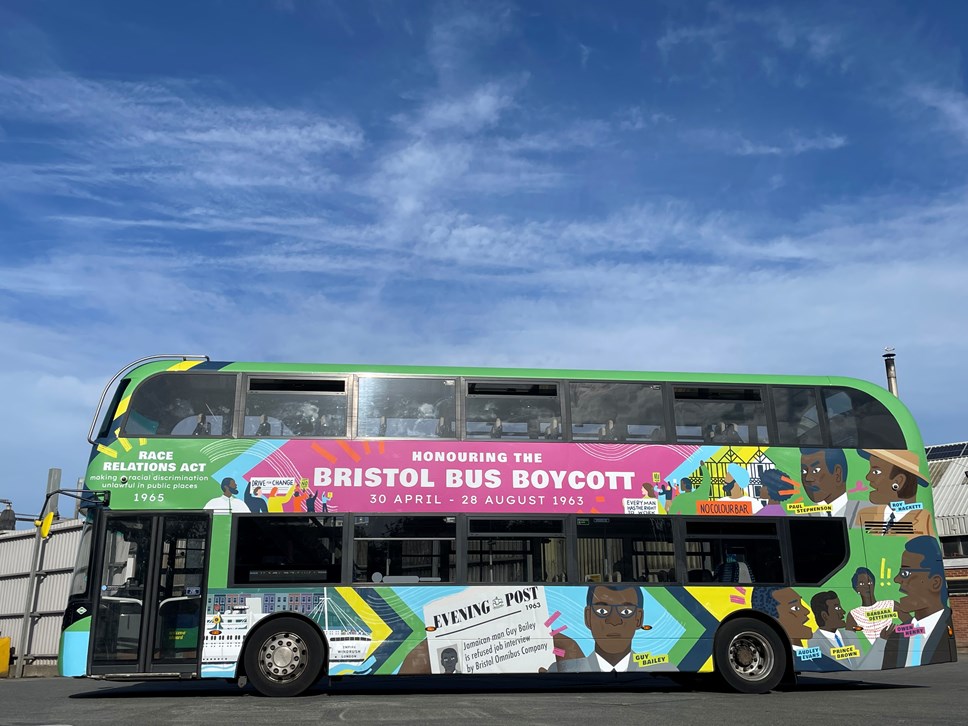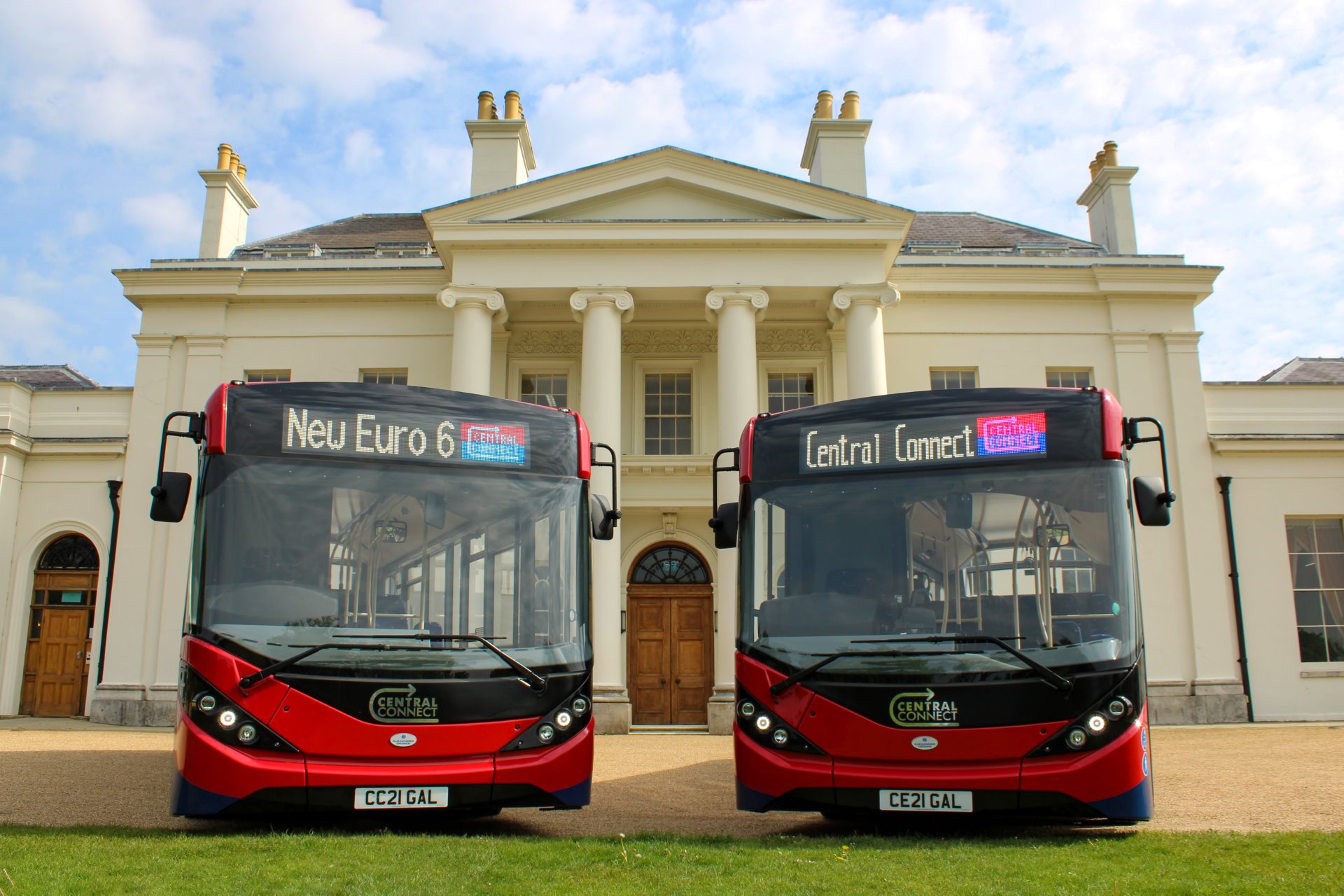The 60th anniversary of an iconic moment for racial equality was celebrated today with a series of events marking the Bristol Bus Boycott.
Local leaders, business residents and community groups came together to remember the four-month protest, which was in response to operators at the time banning Black and Asian people from becoming drivers or conductors.
The resolution had been passed in 1955 by a local branch of the Transport and General Workers’ Union and, in 1961, Bristol Omnibus’s policy was exposed by the Bristol Evening Post. A campaign group was started, inspired by the 1955 Montgomery ‘Rosa Parks’ bus boycott in the United States. Protest days were held when the public were dissuaded from using the buses, leading to national media coverage.
Bristol Omnibus Company backed down in August 1963 and Raghbir Singh became the first Black or Asian conductor that month. The campaign paved the way for the UK’s Race Relations Acts of 1965 and 1968.
Today’s events in Bristol included the unveiling of a specially designed double-decker bus, which be put into service by First West of England for at least 12 months. The faces of Guy Bailey, who was refused a job as a driver, and pioneering workers such as Singh, Norman Samuels, Norris Edwards, Abbas Ali and Mohammed Raschid appear on the bus.
Local residents, including some of those closely associated with the boycott, had chance to take a ride on the bus. A Caribbean brunch, a short procession recreating the protests and speeches were also part of the celebrations. The events were part of a larger campaign called Drive for Change to mark the boycott’s anniversary.
Doug Claringbold, Managing Director for First West of England, says: “Today has been an important moment for Bristol; it has provided a very poignant reminder of the amazing battle the boycott pioneers fought to bring fairness to this city and its transport network.
“It was a truly milestone moment in our history, and it’s only fitting that we mark it in the way we have today. What the boycott pioneers did 60 years ago, along with those who stood in solidarity, shows what ground-breaking change we can achieve if we work together.
“I, on behalf of everyone, of every colour, at First Bus would like to thank you, from the bottom of our hearts, for making us a fairer and more inclusive society.”
First Bus Driver Winston Reid adds: “The boycott was pivotal in the ethnic minority community, particularly the job seekers. It proved that people can come together to make a point and create change; it’s that change that made it possible for me to be a bus driver for First.
“Our ethnic mix workforce shows the positive outcome of that boycott, so I can truly say thanks to the organisers of the boycott and those who stood with them 60 years ago, thank you.”
Gary Sobers, who was the first inspector of colour in Bath, says: “I’m so grateful to the people who did the boycott, which has allowed me to be in the position I am now. As we become a more diverse company, it proves that the boycott worked and everyone integrated well.”



























